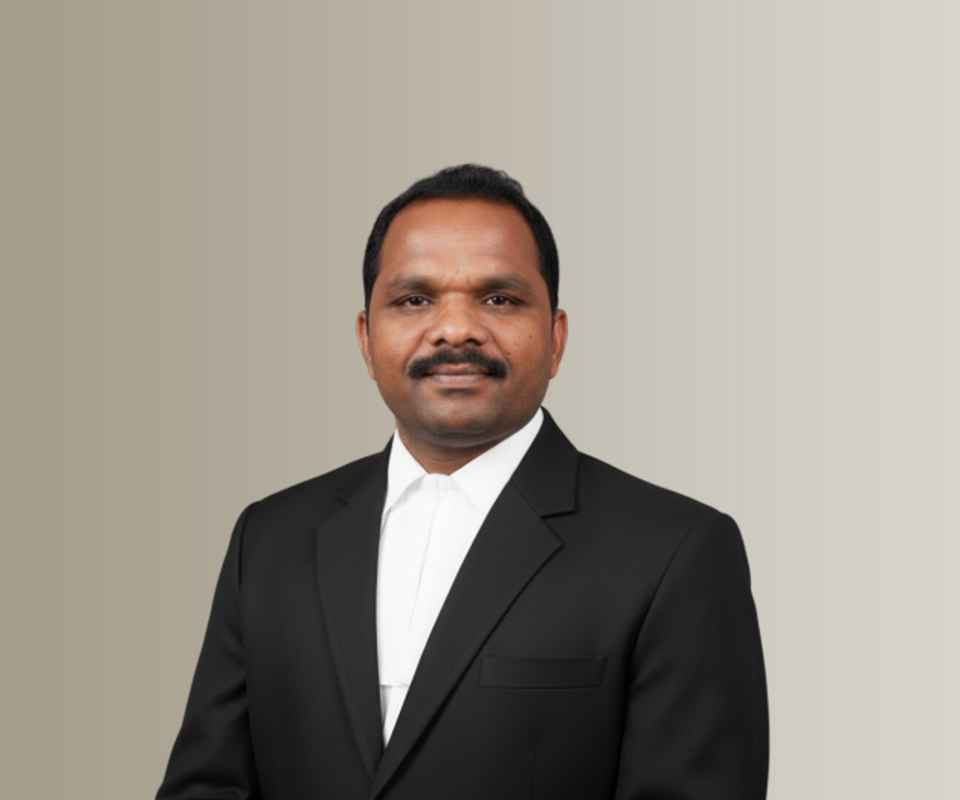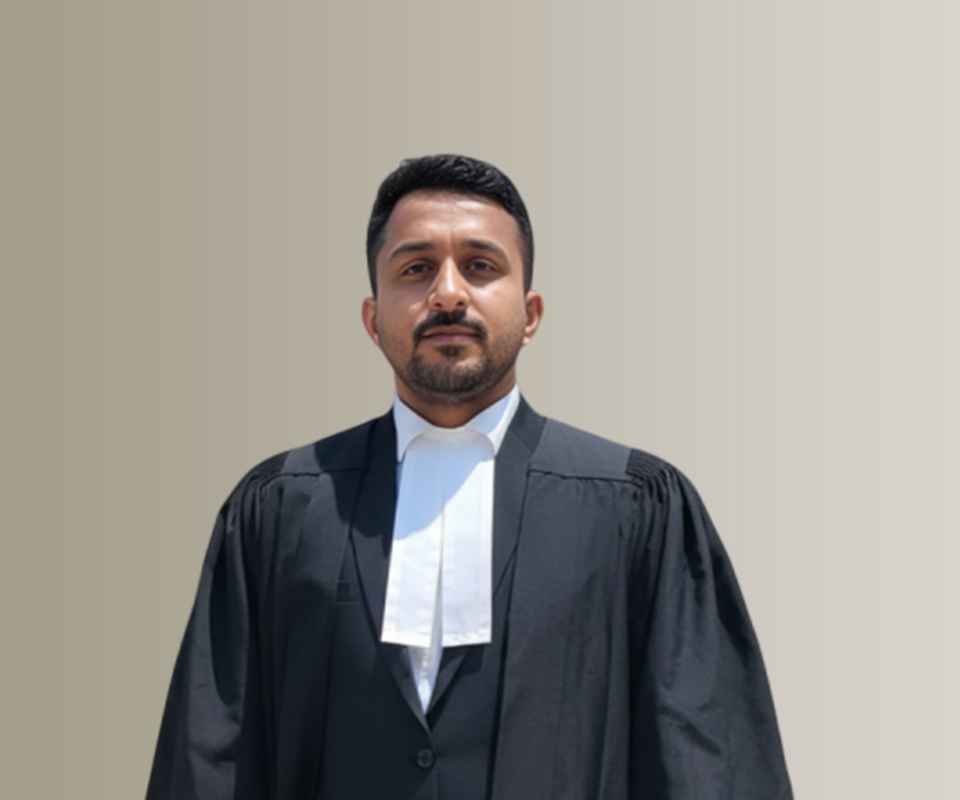Answer By law4u team
Yes, a soldier can apply for early discharge under certain circumstances. Early discharge, also known as early separation or voluntary discharge, is the process by which a service member requests to leave the military before completing their full term of service. The reasons for early discharge can vary, such as personal reasons, health issues, family obligations, or other circumstances. The process and approval of early discharge depend on military regulations, the soldier's performance, and the specific conditions of their service.
Conditions for Applying for Early Discharge:
Personal Reasons
A soldier may request early discharge due to personal reasons such as family issues, the need to care for a dependent, or a desire to pursue civilian education or career opportunities. Military policies generally require the soldier to provide valid reasons and supporting documents for their request.
Health-Related Issues
If a soldier faces significant health issues or a medical condition that makes it difficult to continue in military service, they may apply for early discharge on medical grounds. This may include chronic illness, injury, or mental health conditions. In such cases, a medical evaluation is usually required to confirm that the condition prevents the soldier from performing their duties effectively.
Completion of Service Commitment
In some cases, a soldier might request early discharge if they have completed a significant portion of their service contract and wish to leave before completing the full term. However, this typically requires the approval of their commanding officer and may involve certain administrative processes.
Military Downsizing or Force Reduction
In certain situations, such as military downsizing or when there is a reduction in force, soldiers may be granted early discharge. This type of discharge is usually involuntary and can be part of an effort to reduce the size of the armed forces.
Compassionate or Family Grounds
A soldier can apply for early discharge due to family emergencies or compassionate reasons. For example, if a soldier needs to provide long-term care for a sick family member, they may request early discharge under compassionate grounds. Military authorities typically require proof of the situation, such as medical reports or a family care plan.
Service-Related Reasons
Sometimes, a soldier may seek early discharge if they no longer wish to continue serving due to job dissatisfaction, the desire for a career change, or other service-related reasons. These applications are evaluated on a case-by-case basis and may require the soldier to undergo counseling or training to help with the transition.
Process for Applying for Early Discharge:
Initiating the Request
The soldier must formally submit a request for early discharge to their commanding officer or personnel office. The request should include the reason for seeking early separation and any supporting documents (e.g., medical reports, family situation, personal statements).
The soldier may be required to fill out specific forms, depending on the military branch (Army, Navy, Air Force, etc.) and country’s regulations.
Review by Commanding Officer
The commanding officer will review the request, considering factors such as the soldier's performance, medical condition (if applicable), and the reason for the discharge. The officer may also consult with higher-level authorities to determine if the discharge is appropriate.
If the request is based on medical or compassionate grounds, a medical evaluation or family assessment may be required to substantiate the claim.
Approval or Denial of Request
After reviewing the request and any supporting documents, the military command will make a decision. If the discharge is granted, the soldier will be issued an early discharge order.
If the request is denied, the soldier will generally be provided with an explanation and may be given the option to appeal the decision. However, not all early discharge requests are granted, especially if they do not meet the criteria or if there are operational needs within the military.
Exit Counseling and Paperwork
Once the discharge is approved, the soldier may undergo exit counseling, which provides guidance on their benefits, rights, and the transition to civilian life. This process includes briefing on veterans' benefits, retirement options, and other post-service assistance.
The soldier will also return military-issued equipment (e.g., uniforms, weapons, gear) and complete necessary paperwork to officially separate from service.
Final Separation
After completing the exit process, the soldier is officially separated from the military. The type of discharge (honorable, general, etc.) will be documented on the soldier's discharge certificate, which may affect their eligibility for future benefits.
If the discharge is honorable, the soldier may be eligible for full benefits, including pension, healthcare, education benefits, and job placement assistance. If the discharge is other than honorable, the benefits may be limited.
Implications of Early Discharge:
Veteran Benefits
If the early discharge is honorable, the soldier remains eligible for veterans' benefits, including pensions, healthcare, and educational assistance. However, if the discharge is less than honorable (e.g., general or other than honorable), the soldier may lose some or all benefits.
Future Employment Opportunities
An honorable discharge from military service can enhance a soldier’s reputation when seeking employment in the civilian sector. Employers often value the skills and discipline learned during military service.
A discharge that is less than honorable may make it more challenging to find employment, particularly in fields requiring background checks.
Retirement and Pension
If a soldier applies for early discharge after serving a significant portion of their term, they may still be entitled to retirement benefits or a partial pension, depending on their length of service and the terms of their discharge.
Soldiers discharged early for reasons such as medical conditions may receive a medical pension if the condition is service-related.
Reentry into Military Service
A soldier who leaves the military early may be able to rejoin in the future, depending on the type of discharge they receive. For instance, those with an honorable discharge may apply for reentry into service, while those with a dishonorable or other than honorable discharge may face restrictions.
Example:
Rajeev, a soldier in the Indian Army, has served for 5 years but decides he needs to leave early due to a family emergency. He applies for early discharge on compassionate grounds, submitting medical certificates and proof of the situation. His request is approved by his commanding officer, and after completing the necessary paperwork and exit counseling, Rajeev is granted early honorable discharge. As a result, he becomes eligible for veterans' benefits and healthcare through the government, and successfully transitions to a civilian job in the private sector.






